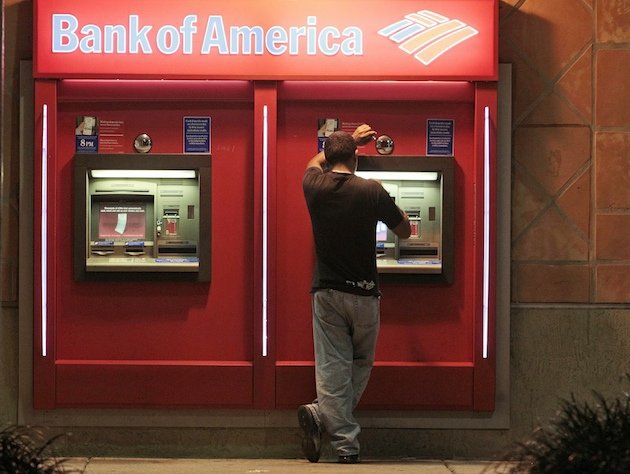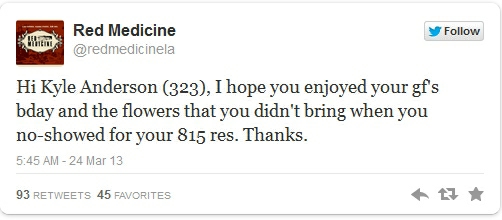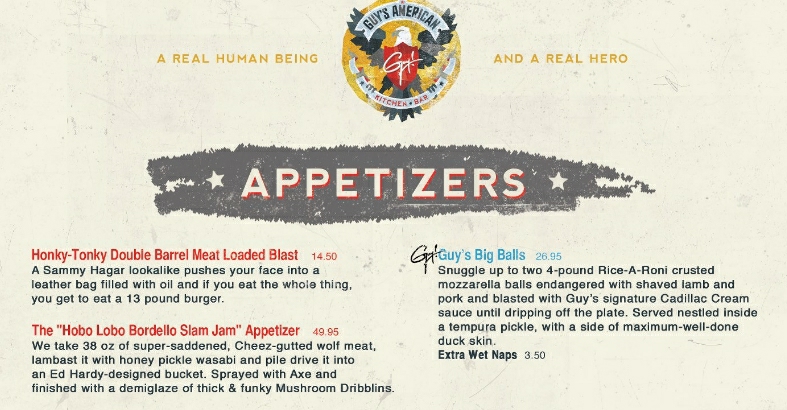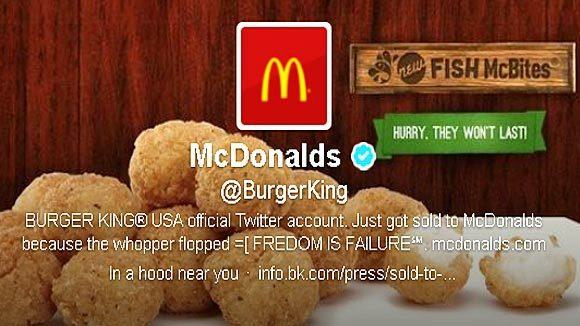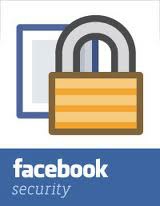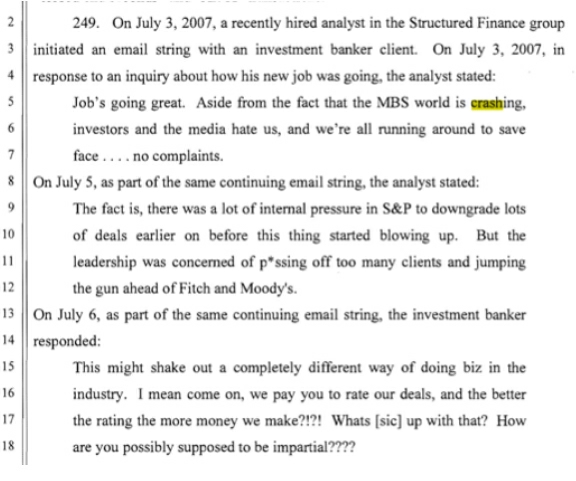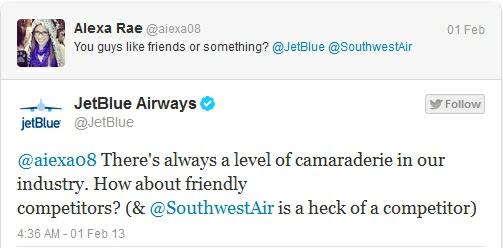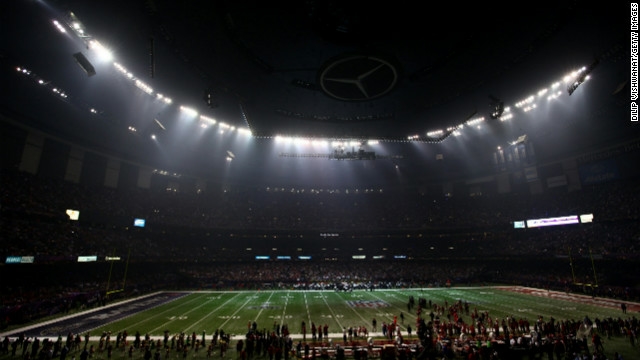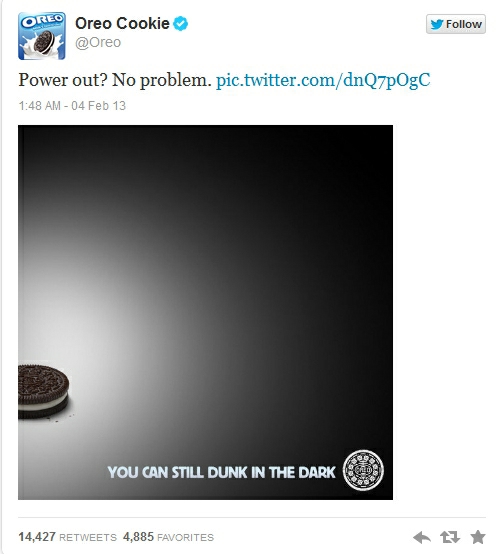Exxon is working triple time to manage the oil spill in Arkansas and communicate its efforts-but the company is missing the social media piece.
A pipeline breach caused thousands of barrels of oil to be unleashed into the water and 22 homes evacuated. Although a nearby lake was spared, the oil reached several residents' yards. The company says the cause of the spill is still under investigation.
The situation is reminiscent of the Exxon Valdez oil spill
in 1989, when hundreds of thousands of barrels were spilled in Alaska.
Of course no Exxon executive wants this link made too closely.
On its website, Exxon posted this response:
ExxonMobil Pipeline Company Responds to Crude Oil Spill in Arkansas
MAYFLOWER, AR – March 29, 2013– Cleanup operations were continuing at the site of a spill of crude oil near Mayflower, AR, ExxonMobil Pipeline Company said today.
An apparent breach in the Pegasus pipeline carrying crude oil occurred late Friday afternoon. The pipeline has been shut in and crews are working to contain the spill.
"We regret that this incident has occurred and apologize for any disruption and inconvenience that it has caused," said Karen Tyrone, southern operations manager of ExxonMobil Pipeline Company. "Our focus is on protecting health, safety and the environment. We will be here until the cleanup is complete."
Emergency response efforts are focused on ensuring community health and safety and keeping the crude oil from entering a nearby lake during cleanup.
Cleanup crews are using specialized equipment to recover oil. Additional resources are being mobilized to the area to assist with the cleanup response.
Air quality monitoring is being conducted in the impacted area.
The cleanup is being coordinated with the Department of Emergency Management and other local authorities. Notification to the Environmental Protection Agency and other agencies has taken place.
Members of the community who may be impacted or have questions can contact 1-800-876-9291.
The cause of the spill is under investigation.
The Pegasus pipeline is a 20-inch pipeline which originates in Patoka, IL and carries crude oil to the Texas Gulf Coast.
Customers have been notified and efforts are under way to minimize any potential impacts.
Since the initial announcement, Exxon has posted two updates:
A Facebook page for Exxon Mobile (misspelled) has critical posts but no voice of the company. If this isn't the company's page, then it should be removed, if possible.
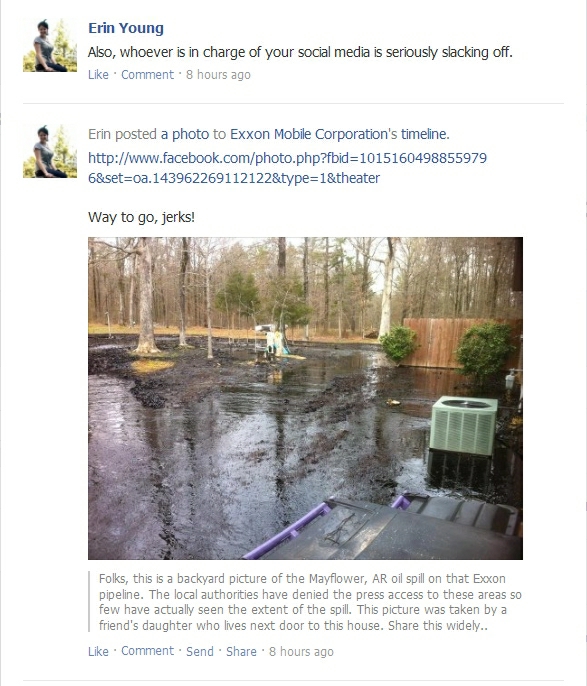
Exxon has posted a few tweets, but only on April 3, a full five days after the spill on March 29.

Discussion Starters:
- What should Exxon communicate, if anything, on social media? How should the company address comments such as the one above?
- Assess Exxon's website statements. What works well, and what would you suggest changing in the three posted so far?
